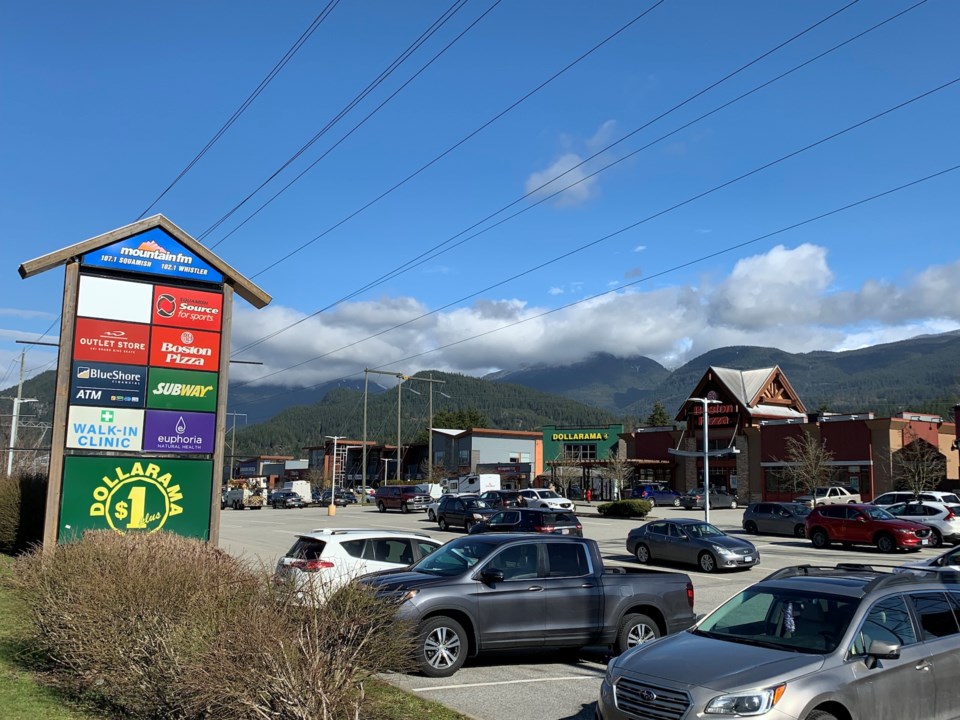麻豆社国产council will send five resolutions to the Lower Mainland Local Government Association for consideration at its annual general meeting.
Council unanimously voted to submit the resolutions at the Feb. 20 regular business meeting, though most of the discussion took place at the Feb. 13 committee of the whole meeting.
The five resolutions are titled: (1) BC Assessment property value accuracy, (2) Increasing reliable transit funding to support growing communities, (3) Improved local government capacity for environmental assessment participation, (4) Improved assessment of cumulative effects of major projects on communities, and (5) Registration of notice of latecomer charges on property title.
The Lower Mainland Local Government Association (LMLGA) is one of the five subgroups of the Union of BC Municipalities (UBCM). If the resolutions are endorsed at the LMLGA annual general meeting in May, these resolutions move on to consideration at this year’s UBCM convention in September. If a resolution is subsequently endorsed there, the province then must respond to the resolution.
One resolution asks the provincial government to amend the Assessment Act in hopes of reducing the number of under-assessed properties.
In council on Feb. 13, Coun. John French brought forward the resolution about the accuracy of BC Assessment property values, which he said currently allows some owners of industrial, commercial and institutional (ICI) properties “to pay substantially less tax than market valuations suggest,” meaning other taxpayers have to make up the difference.
French gave the example of commercial properties in the Garibaldi Estates area that were recently valued at $15.5 million, despite selling for $22.1 million in 2022.
Garibaldi Village I, with civic addresses 40147 and 40198 Glenalder Pl., fits this description as together they were assessed at $15.529 million in the 2024 BC Assessment and sold to Manulife Investment Management in 2022 for $22.15 million.
“You can find examples all across the province where discrepancies like this are causing accurately assessed properties to ultimately pay more than they should be to make up for the under-assessed ICI lands that are close by,” French said.
Another resolution about increasing reliable transit funding was called “very clear” by Coun. Andrew Hamilton, who added it was “very likely to be supported” by others in the Lower Mainland.
The resolution calls on UBCM to urge “the Province of B.C. and BC Transit to commit to funding transit service expansions where requested and to move from annual funding agreements to three-year funding agreements to allow for more certainty.”
Two resolutions dealt with the impact of large projects on communities and the associated burden on local governments to manage said projects. These resolutions likely relate to the Woodfibre LNG project and the associated FortisBC pipeline project.
One resolution asks the province to establish compensation or proponent fees so that local governments can partake more easily in the environmental assessment process, including review of applications, participation in working groups, community engagement and more.
The other asks the province to consider requiring the assessment and mitigation of both temporary and residual cumulative effects on a community, as part of major project approvals. Moreover, it asks for a required combined assessment and permitting process for “interdependent projects.”
The last resolution concerns reimbursement for extending services—such as a road, sewer or water—beyond owned development areas. The resolution asks that the Land Title and Survey Authority be given authority to accept latecomer agreements for registration on a property title.
In , latecomer agreements are described as “an agreement between a local government and a landowner who subdivides and develops land and is required by the local government to provide ‘excess or extended services’ and to pay all or part of the cost of those services in connection with the subdivision or development.”
“Without the clarity and security offered by registration of the latecomer agreement on property title, there are potential risks and increased transaction costs for local governments and property developers,” the report continued.





